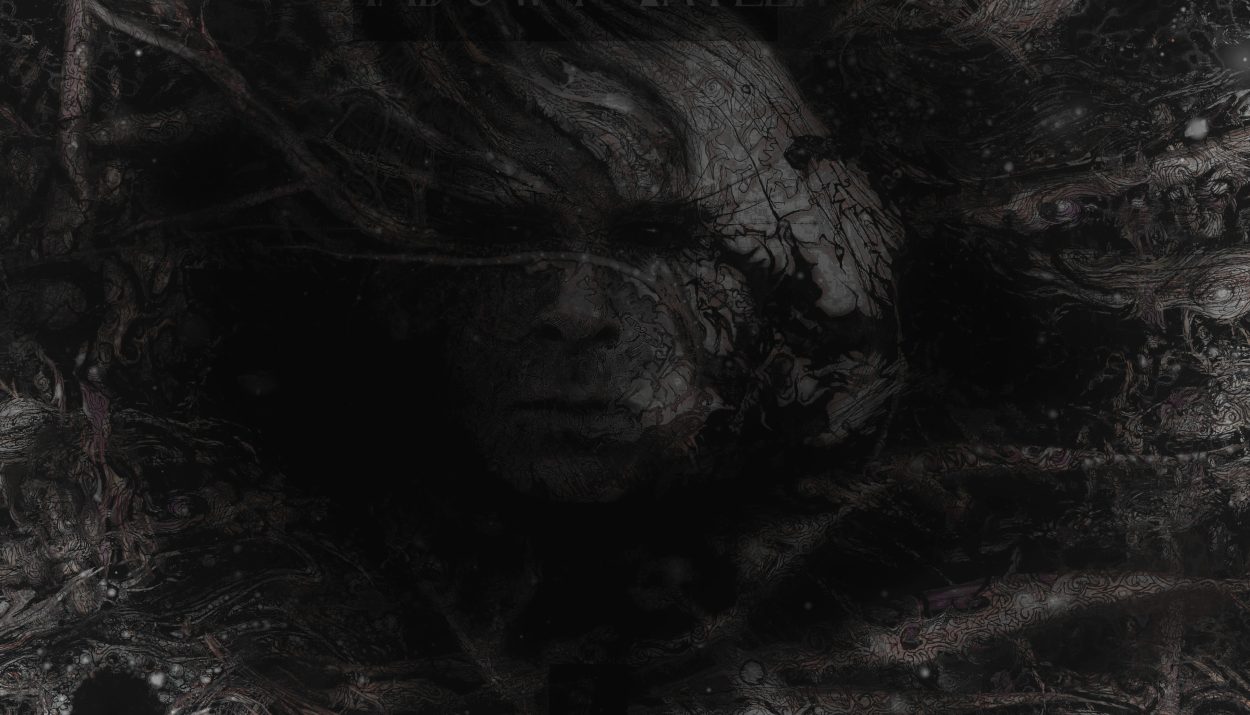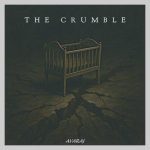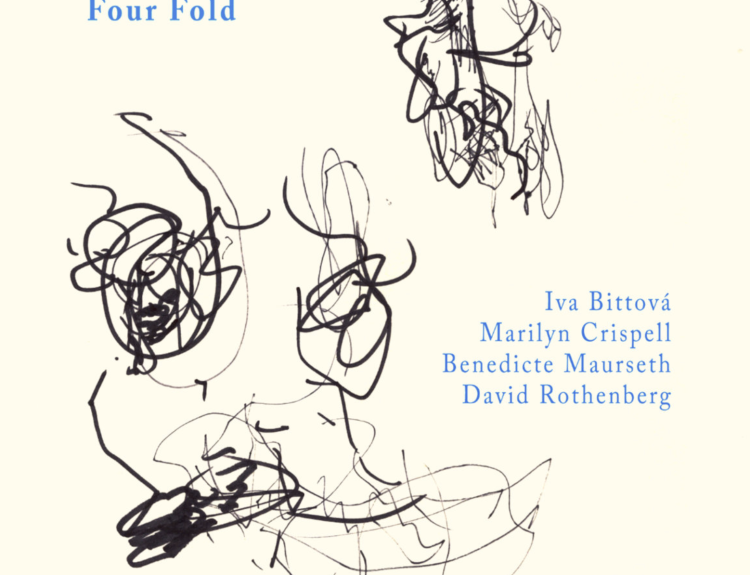Some albums invite you in, while some pull you through. Shadow Antlers’ ‘Outside Belongings’ is the latter: a darkwave journey that drags you by the soul through luminous ruin and back again, whispering in your ear that the strange, the wild, and the ungoverned are where we belong. This is the solo vision of Jakob, known for his work with Swedish noise rock/post-punk band RAMN, but here, he becomes an electronic crooner of the void, a poet of flight, conjuring a world where desire, decay, and transcendence coexist in ecstatic motion.
‘Outside Belongings,’ released today, November 7, isn’t content to merely reference the post-punk canon; it reanimates it. The Cure’s Pornography-era desperation, DAF’s pulsing EBM machinations, the ethereal chill of Xymox’s Medusa, and the avant-spectral tension of John Fryer’s productions all blend as spectral presences guiding Jakob’s hand. Yet what makes the record remarkable is how it channels those legacies into something strikingly personal and alive. As Jakob himself notes, this album is a rebellion against prescribed normality, a reclaiming of chaos as both sanctuary and weapon.
The opening track, ‘Trails,’ feels like a door creaking open into another dimension. A breakneck EBM bassline immediately seizes you, while shimmering guitars drift like ghostly fog across a dimly lit skyline. Jakob’s voice then enters; it’s worn, restrained, and brims with quiet rebellion. It’s a song about running without a map, escaping into the wild, and letting chaos be your compass.
Thick synth swells rise like tides, evoking DAF’s mechanical precision and The Cure’s Pornography-era despair in ‘The Bay.’ The rhythm pummels, but there’s melancholy in the details—a voice calling from across the water, a memory half-remembered. Jakob’s vocals stretch and distort, capturing that tension between isolation and belonging.
In ‘You Leave Some Sky In Your Hair,’ the title alone is pure poetry, and the song lives up to it. Here, Jakob trades menace for vulnerability. His delivery trembles, intimate yet raw, as though whispering from beneath the surface of a dream.
Dark, primal, and rhythmic, “I Am Feline” prowls. The bass snarls beneath industrial percussion, while Jakob’s vocals take on a seductive growl. The lyrics suggest transformation and freedom through shedding the constraints of human order. It’s the record’s most bodily track. It’s a feral hymn to instinct.
True to its name, “Blanck Metal” is cold steel—mechanical beats, metallic resonance, and subterranean bass. Jakob’s voice is drenched in reverb, sounding like it’s echoing through an abandoned factory. It’s darkwave at its most physical: a ritual for the body, a release through rhythm.
Named after the mythic, haunted city, “Dim Carcosa” slows the pace, bathing in dissonance and decay. Layers of sound feel corroded and ancient. The synths shimmer like dying stars, and Jakob’s vocals take on a preacher’s tone—part lament, part invocation.
Moving on, ‘What Is Petrichor’ is the record’s stunning midpoint. The production breathes, rain-soaked and textured, evoking the scent of wet earth. It’s one of the most introspective pieces on the album, with Jakob’s voice barely above a whisper. You feel as if he’s singing directly into your bloodstream, a hymn to rebirth after the storm.
With “Sycamores,” the energy picks up again, evoking the post-punk urgency of early Wire but with a distinctly modern edge. The song’s rhythm section drives forward relentlessly, while guitars swirl in metallic halos. Jakob’s performance is impassioned here as his voice trembles with conviction and release.
“Harbinger” unfolds like a warning or prophecy. Its bassline thrums with menace, while spectral synths rise like ghosts from the mix. Jakob’s voice feels prophetic, half-recited, half-sung, embodying the album’s fascination with transformation and thresholds.
One of the most atmospheric moments on the album. “Witches” conjures a nocturnal ritual through layered harmonies, echoing percussion, and shadowy electronics. The production is cinematic. Thick with texture and tension, while Jakob’s voice carries a devotional tone. It’s haunting, magnetic, and utterly beautiful.
Melancholic and cinematic, “Second Bridges” channels Medusa-era Clan of Xymox. The soundscape feels expansive, almost filmic, with slow arpeggios and cavernous reverb. It’s a meditation on passage, on crossing over and not looking back.
The finale, “Cellar Door,” feels like stepping into the dream’s afterglow. The title, long considered one of the most beautiful phrases in English, fits perfectly. Sparse piano notes and fragile synths frame Jakob’s voice, which here turns inward, reflective, and almost tender. It’s a closing meditation on belonging outside of belonging, finding meaning in the void.
Jakob’s voice is a marvel of contradictions—haunting yet human, guttural yet graceful. He doesn’t sing to you; he sings through you. His performance across Outside Belongings feels possessed, channeled, and deeply physical. The production is equally immersive: punchy EBM basslines intertwine with shimmering guitars and spectral synths. It’s raw but intricate, balancing chaos with craft. Every track breathes and bleeds authenticity.
With ‘Outside Belongings,’ Shadow Antlers offers more than a darkwave album. He offers a philosophy of freedom. Jakob’s work lives in the tension between belonging and exile, sanity and surrender, and the human and the otherworldly. It’s art for those who have ever felt unseen but still chosen to burn bright in the shadows. Shadow Antlers has not just made an album; he’s built a world. And if you’re brave enough to step inside, you might never want to return.
Listen to “Outside Belongings” on Spotify
Follow Shadow Antlers here for more information






